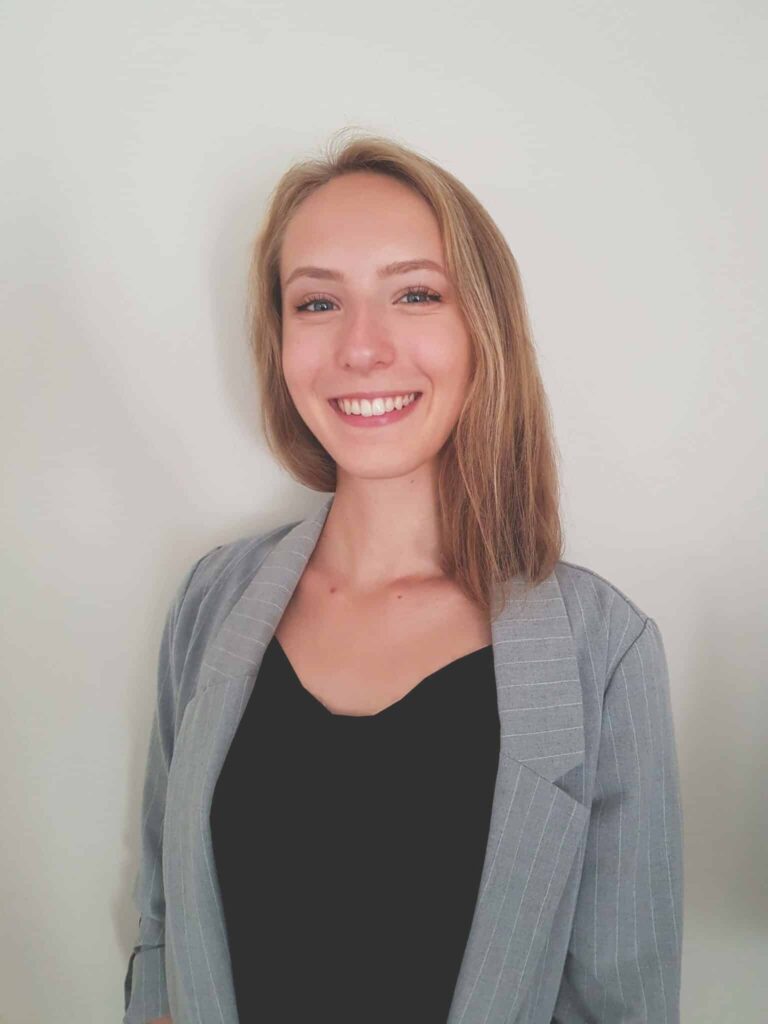When I was 17 years old, my grandpa was diagnosed with lymph node cancer. I remember visiting him in the hospital and seeing him cry for the first time in my life – it was then that I realized the unfairness and unpredictability of cancer. Although I had witnessed several cancer diagnoses and cancer treatments in my great-grandparents and grandparents as a child, this one from my grandpa touched me especially. Since my parents worked a lot, my grandpa sort of took on the role of a second father – a cook, cab driver and life coach at the same time. But after the diagnosis, it was clear that I could no longer depend on his help, but that it is time that he can depend on mine.
After the cancer treatment, he talked to me repeatedly about how difficult it was for him to adjust to this new reality. Before his diagnosis, he went skiing in the Alps at least once a year, traveled around the country in his caravan, or worked in his garden. None of that was physically possible anymore and you could see this affected him emotionally.
Two years later, the cancer returned for my grandpa. I remember this mixture of anger and sadness and just questioning,”Why does that happen to my grandpa?”. My grandpa – not even fully recovered from the initial diagnosis – was having a hard time finding the motivation to go through cancer treatment again.
As a master’s student in psychology, I wanted to write my master’s thesis on a topic that resonated with me on a personal level. My supervisor was suggesting the topic of “perceived injustice” in a general cancer population, as this had not been covered by previous studies. I was shocked that a feeling so common in cancer had not yet been researched.
During chemotherapy my grandpa would often complain about the conditions in the hospital, how he felt like just a name on the list, and how much this affected his emotional state. Also, at the time when the cancer came back, he often told me about how hard it is to find the motivation to fight the cancer because everything seems so unfair, unpredictable and above all hopeless. The connection between the feeling of injustice or even experiences of injustice and how this affected my grandpa’s mental health gave me this personal meaning for the topic of my master’s thesis.
I wondered how many other cancer patients also perceive or have perceived the feeling of injustice, just like my grandpa. It was in this context that I came across the AYA community – I thought, for younger patients, the injustice of cancer must feel even more pronounced as the disease limits and changes their lives to a much greater extent. These limitations can range from family planning to career development.
In summary, my motivation for cancer research is informed by the fate of my grandfather, but also by the perceived need for a study on the concept of perceived injustice in cancer and its impact on mental health. The identification of perceived injustice as an influencing variable for depression or anxiety may promote its psychological treatment and also the sense-making process for cancer patients and thus would contribute valuable insight to the field of psycho-oncology.
By: Luisa Schmieder

